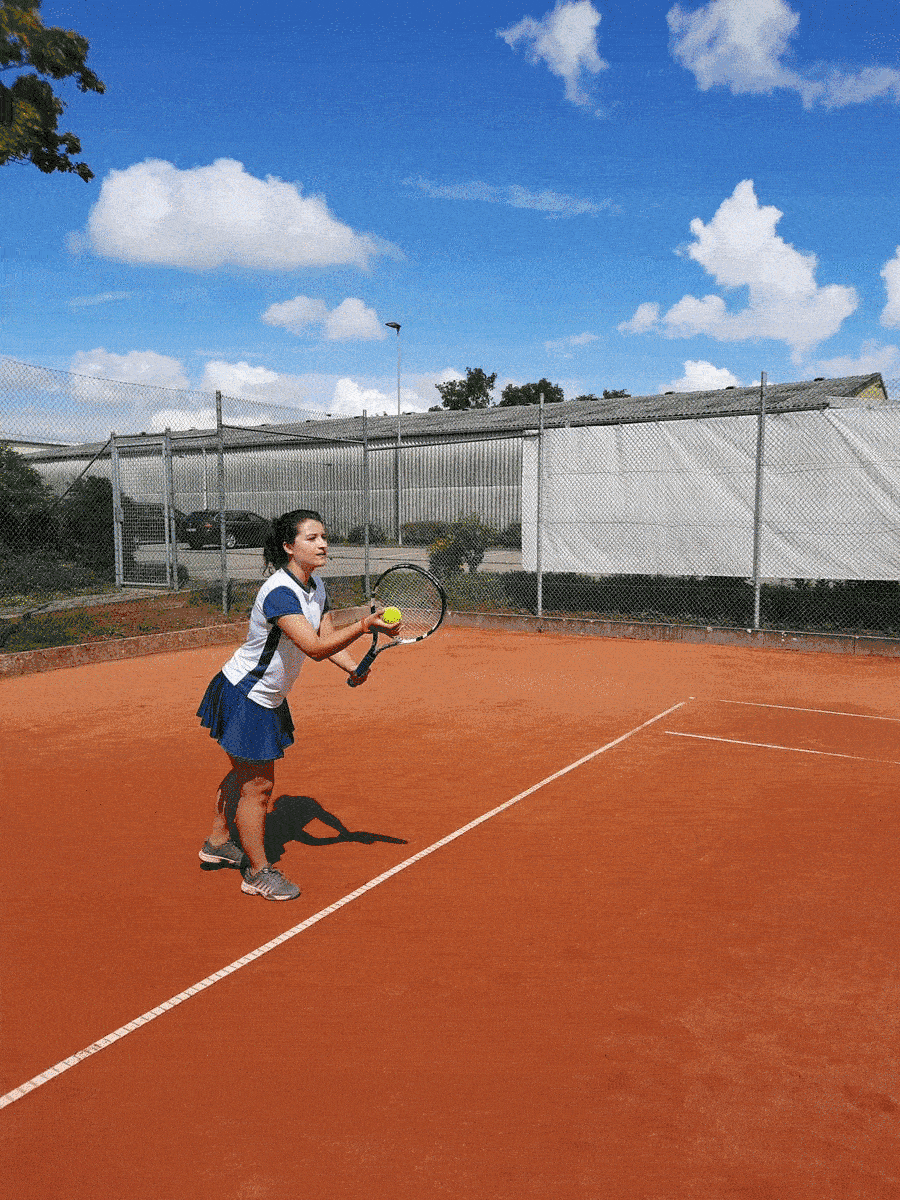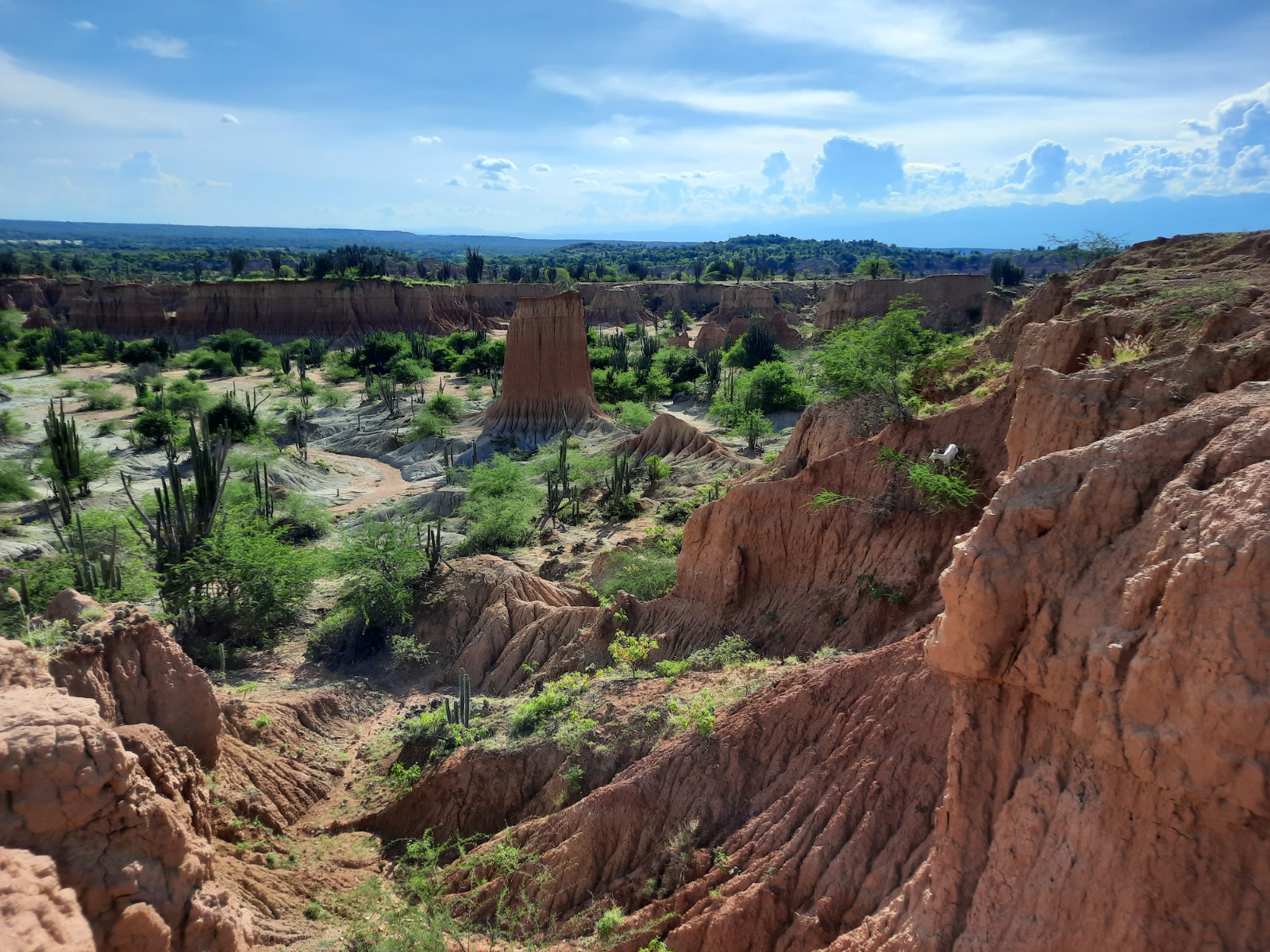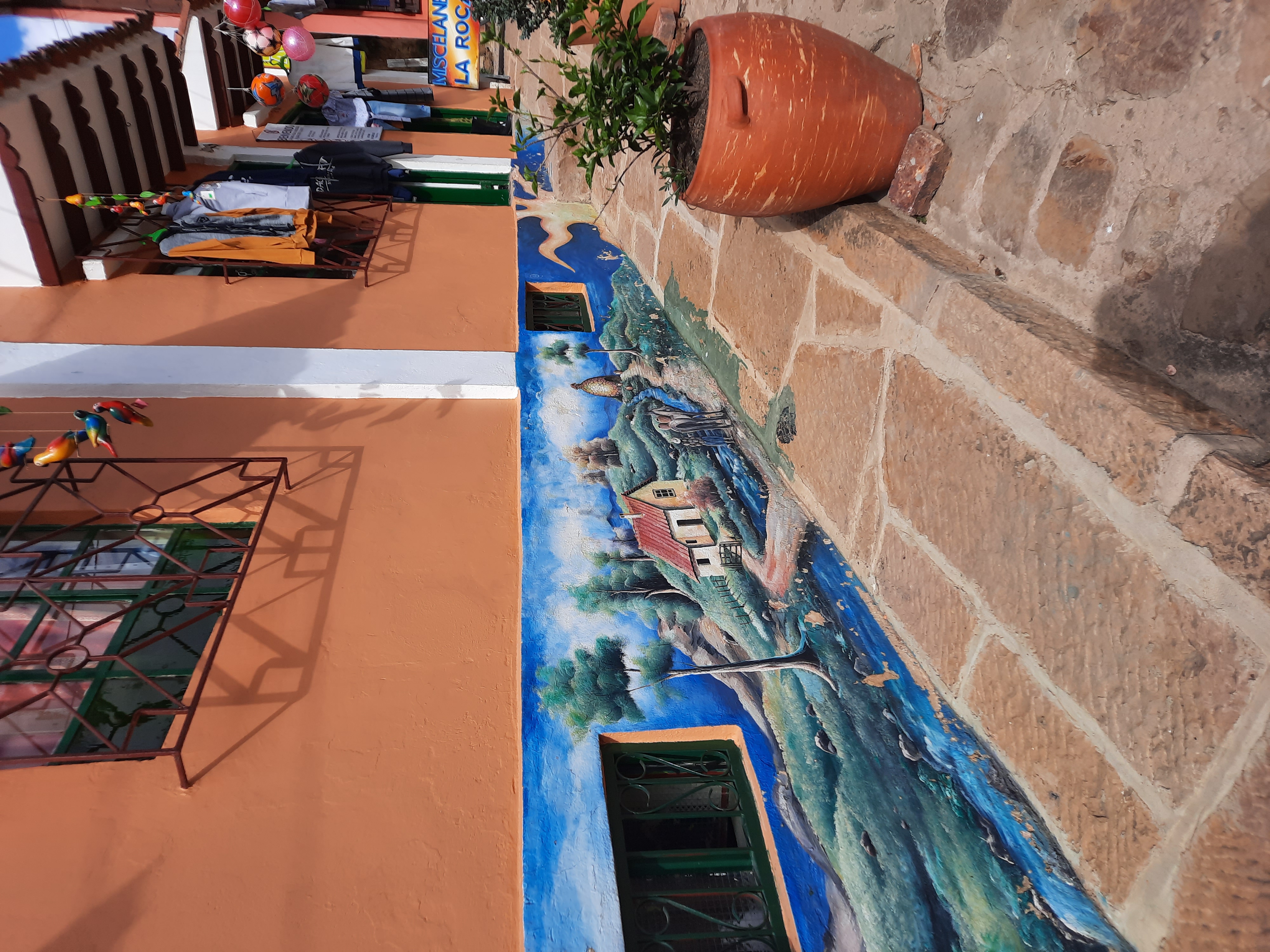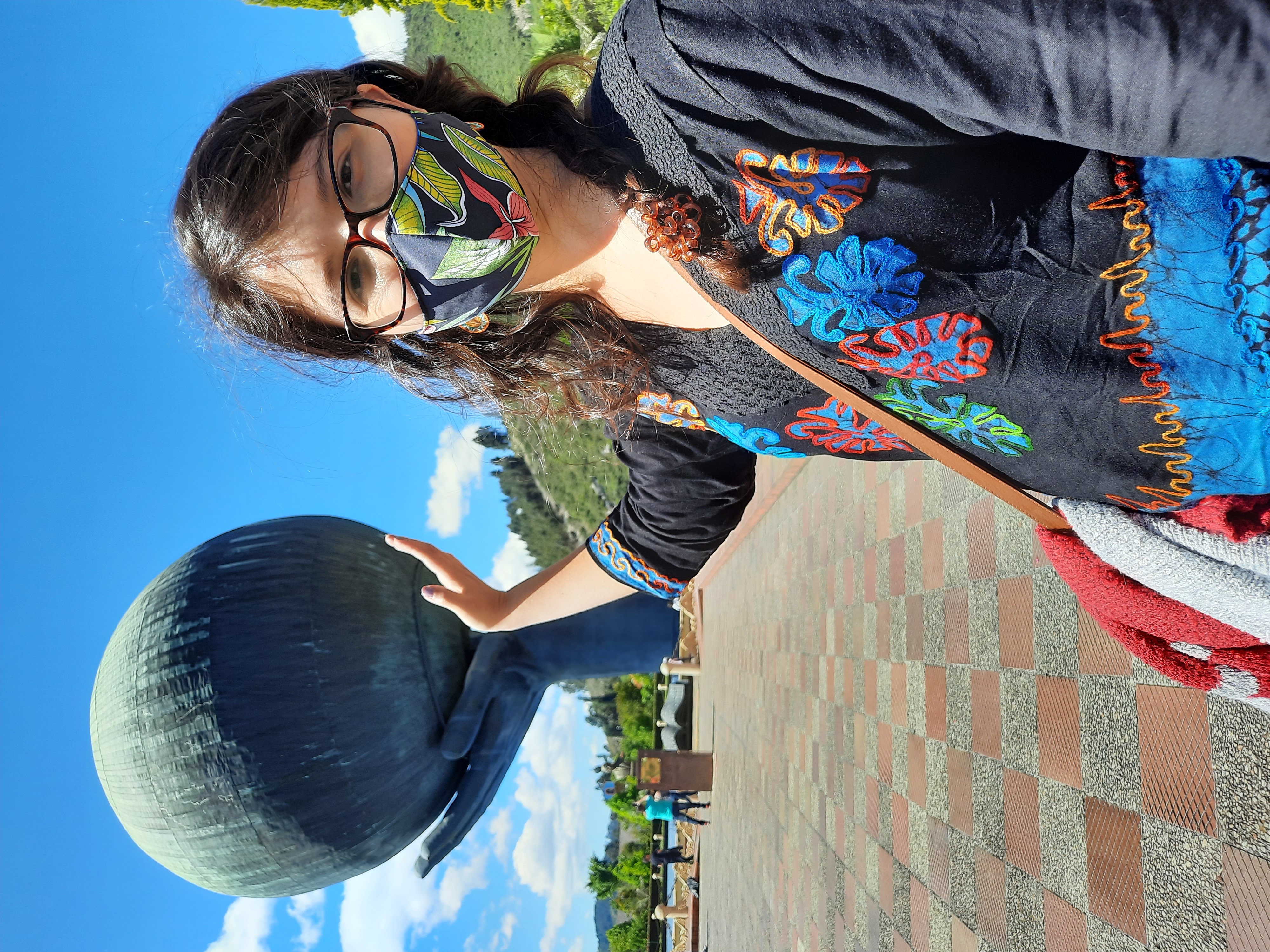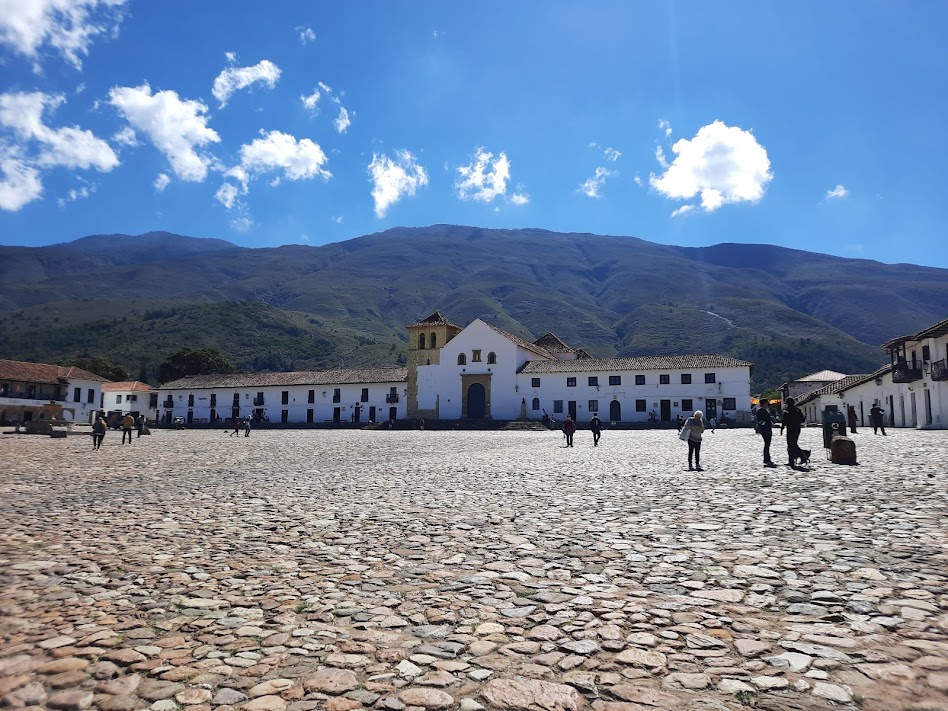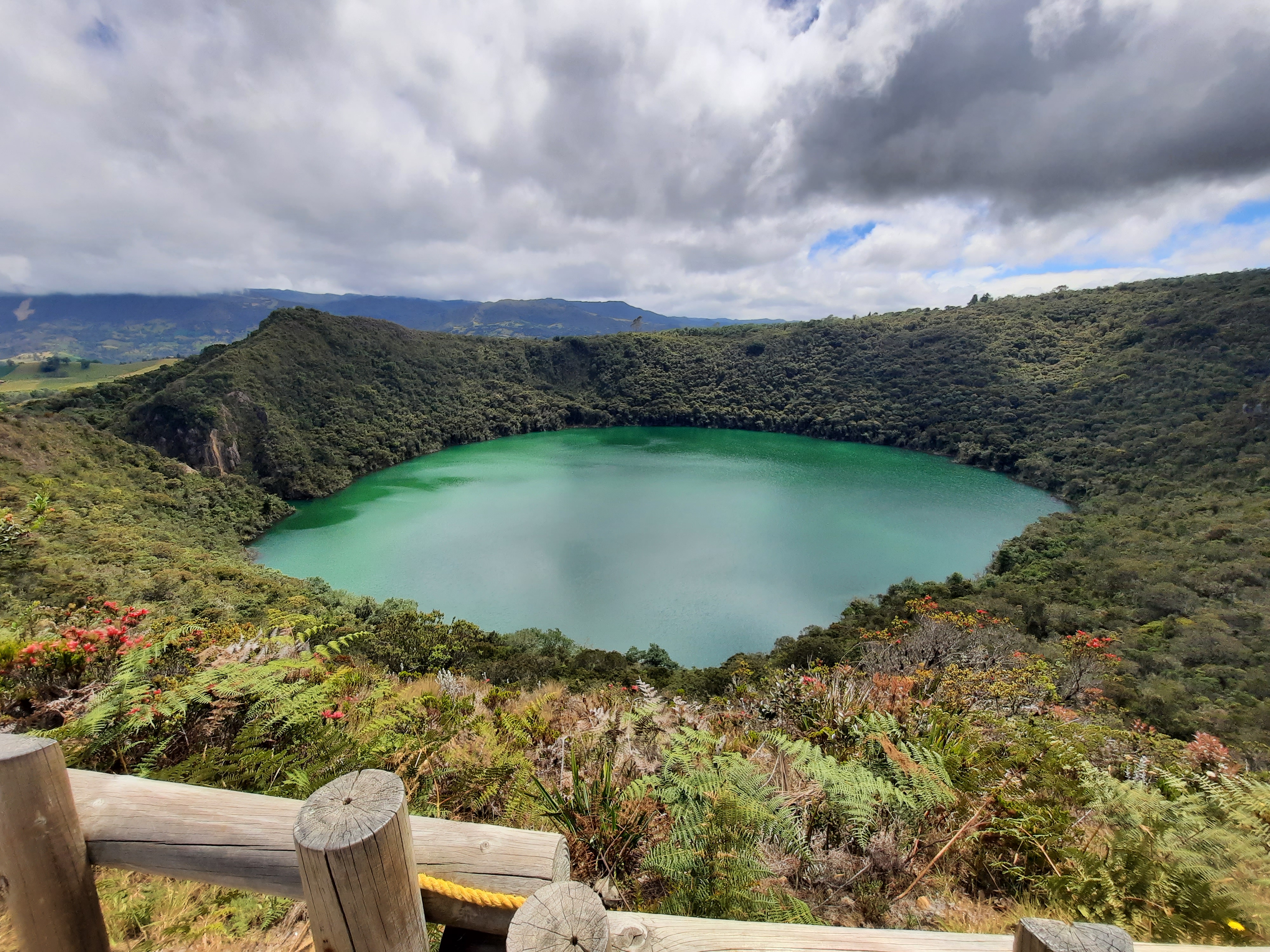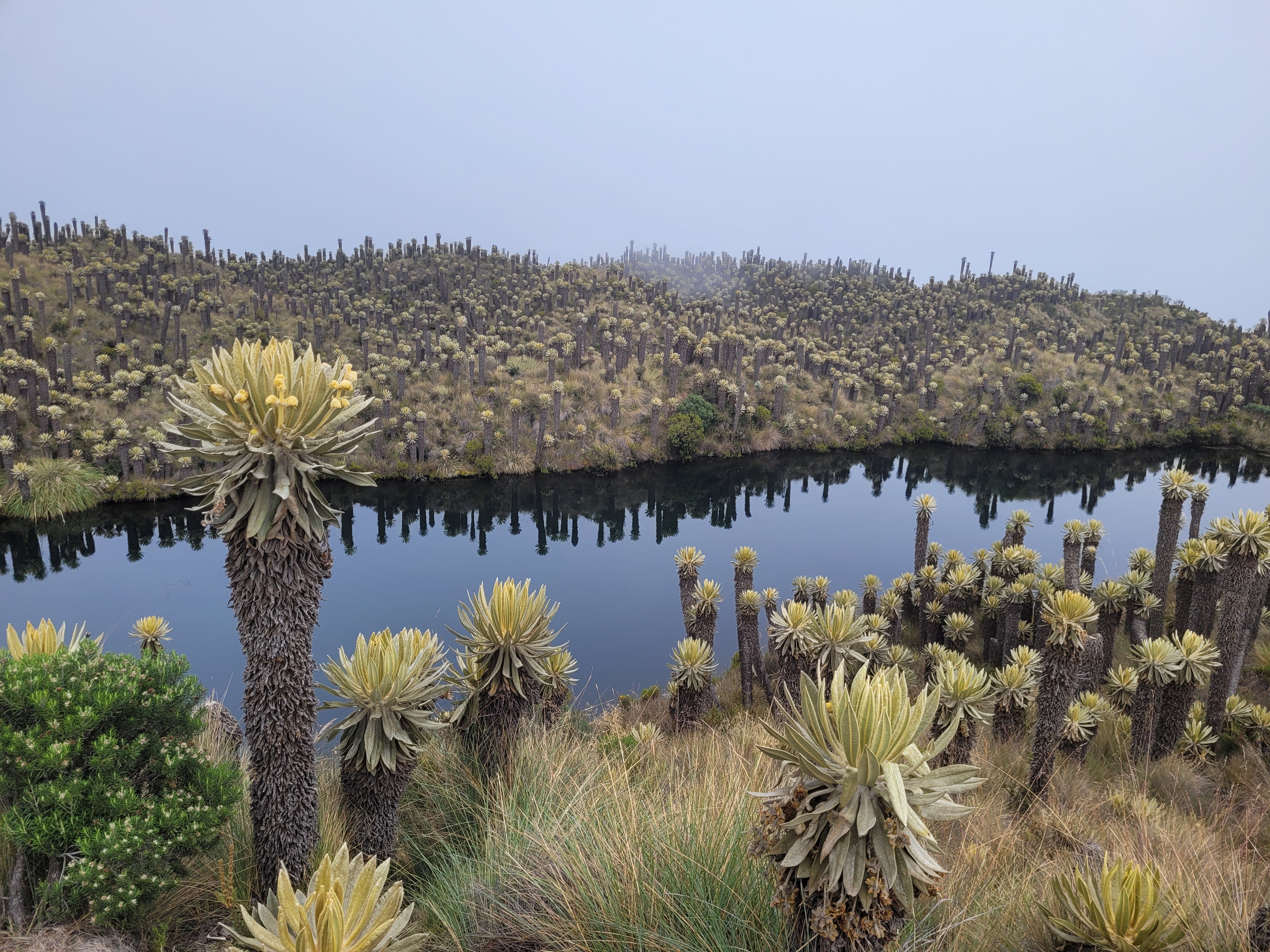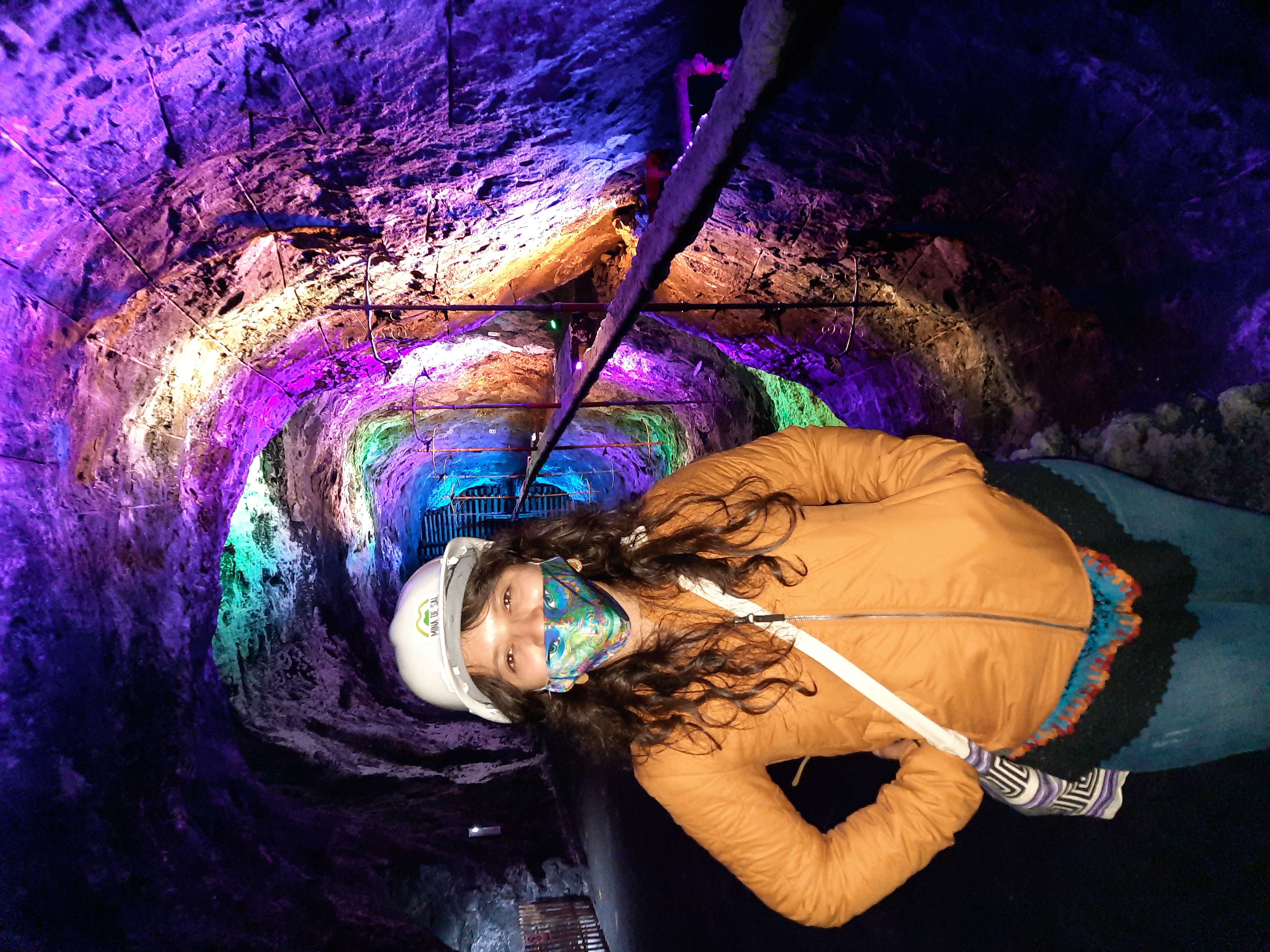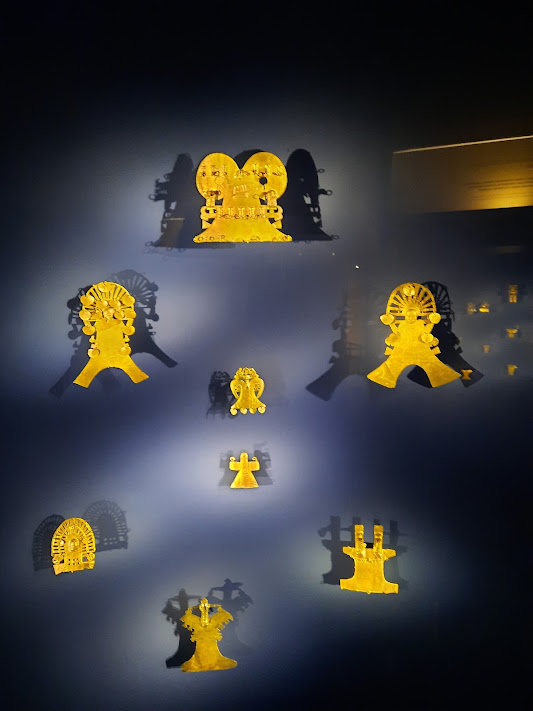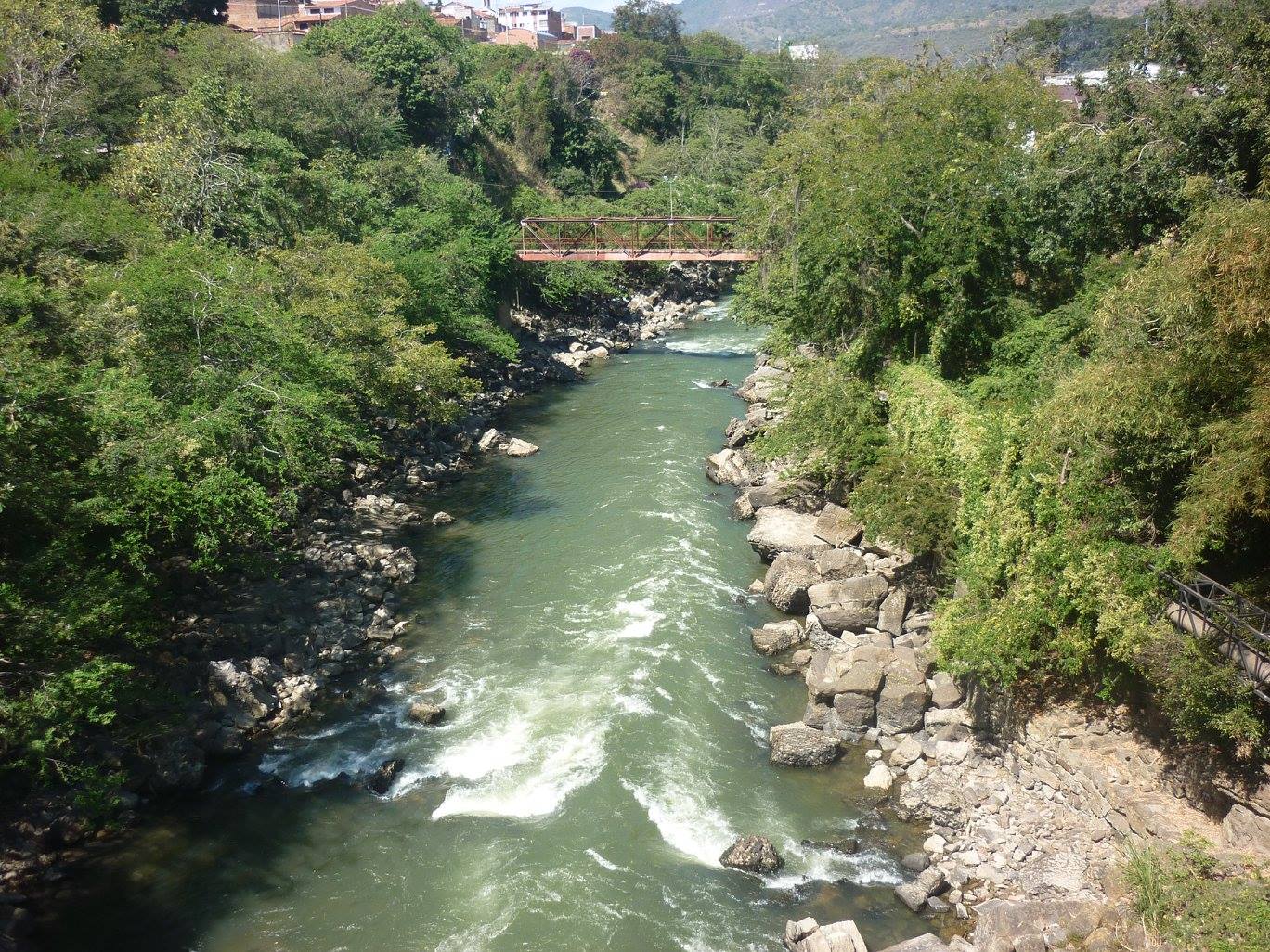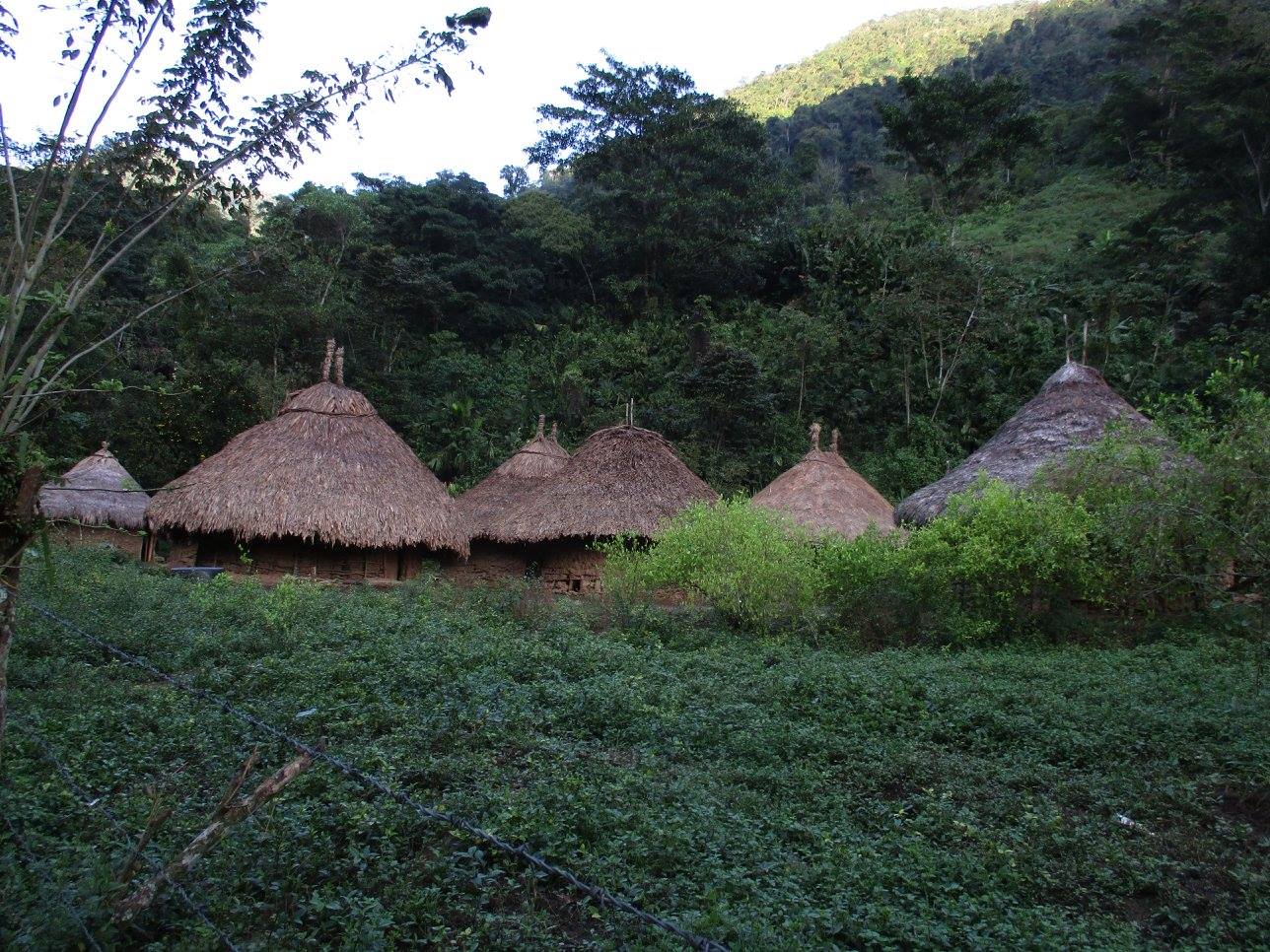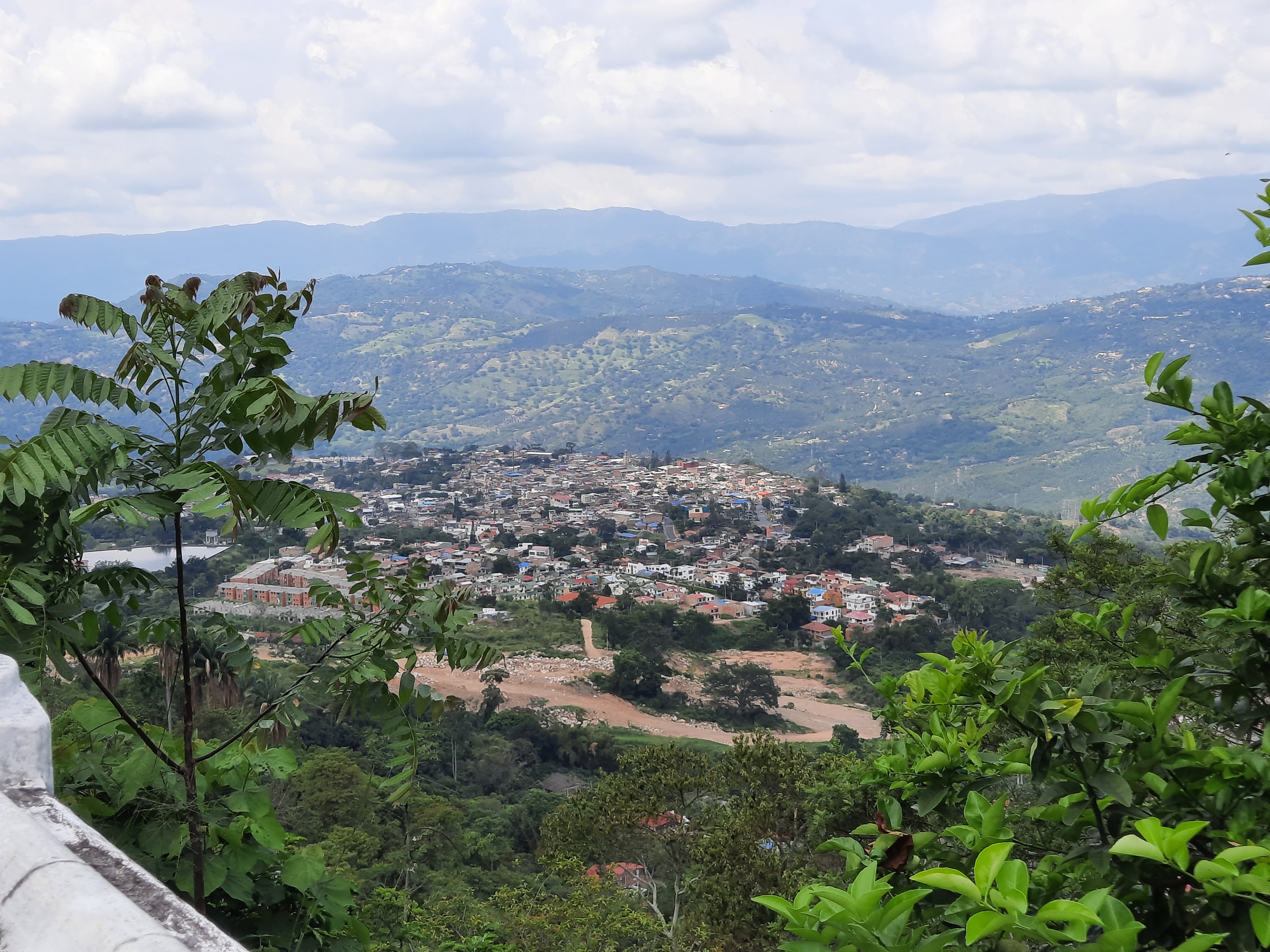Sofía Rojas Ruiz − Colombian Astronomer
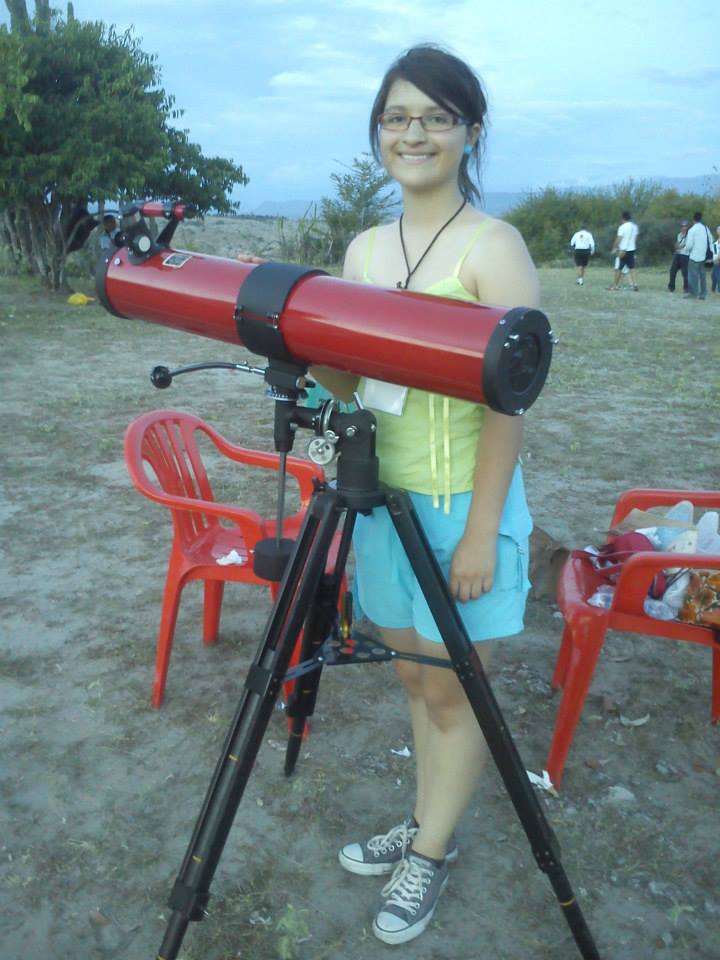 I was born in Bogota, Colombia and the first movie my parents bought me on Betamax was actually the series 'Cosmos' by Carl Sagan.
Growing up I saw my mother working as a journalist and professor at a University and my father as an amateur astronomer with a telescope.
My grandfather showed me many books and we both saw my first partial solar eclipse and my grandma taught me math up
to multiplication and division. Seems pretty obvious
now why I chose to do astronomy, but there is more. As many children,
I dreamed of becoming an astronaut and working for NASA making series like 'Cosmos' because that is what I thought astronomers did. It
wasn't until I turned 14 years old that the picture began to become more clear to me. I was studying at the
Corazonista School in Bogota
and was just starting to take physics and chemistry classes. Both teachers were very supportive and
showed me a path to study natural sciences.
At the same time, I began to attend public talks on astronomy subjects offered by different
astronomy societies in Bogota.
Many of the speakers were Colombian professionals in chemistry, physics, or engineering who
shared a passion for astronomy, but only one or two had actually studied astronomy abroad.
In my last year of high school, I participated in the National Astronomy Olympiads (IV OCA) and
later moved on to the Latin American Olympiads (V OLAA).
I was born in Bogota, Colombia and the first movie my parents bought me on Betamax was actually the series 'Cosmos' by Carl Sagan.
Growing up I saw my mother working as a journalist and professor at a University and my father as an amateur astronomer with a telescope.
My grandfather showed me many books and we both saw my first partial solar eclipse and my grandma taught me math up
to multiplication and division. Seems pretty obvious
now why I chose to do astronomy, but there is more. As many children,
I dreamed of becoming an astronaut and working for NASA making series like 'Cosmos' because that is what I thought astronomers did. It
wasn't until I turned 14 years old that the picture began to become more clear to me. I was studying at the
Corazonista School in Bogota
and was just starting to take physics and chemistry classes. Both teachers were very supportive and
showed me a path to study natural sciences.
At the same time, I began to attend public talks on astronomy subjects offered by different
astronomy societies in Bogota.
Many of the speakers were Colombian professionals in chemistry, physics, or engineering who
shared a passion for astronomy, but only one or two had actually studied astronomy abroad.
In my last year of high school, I participated in the National Astronomy Olympiads (IV OCA) and
later moved on to the Latin American Olympiads (V OLAA).
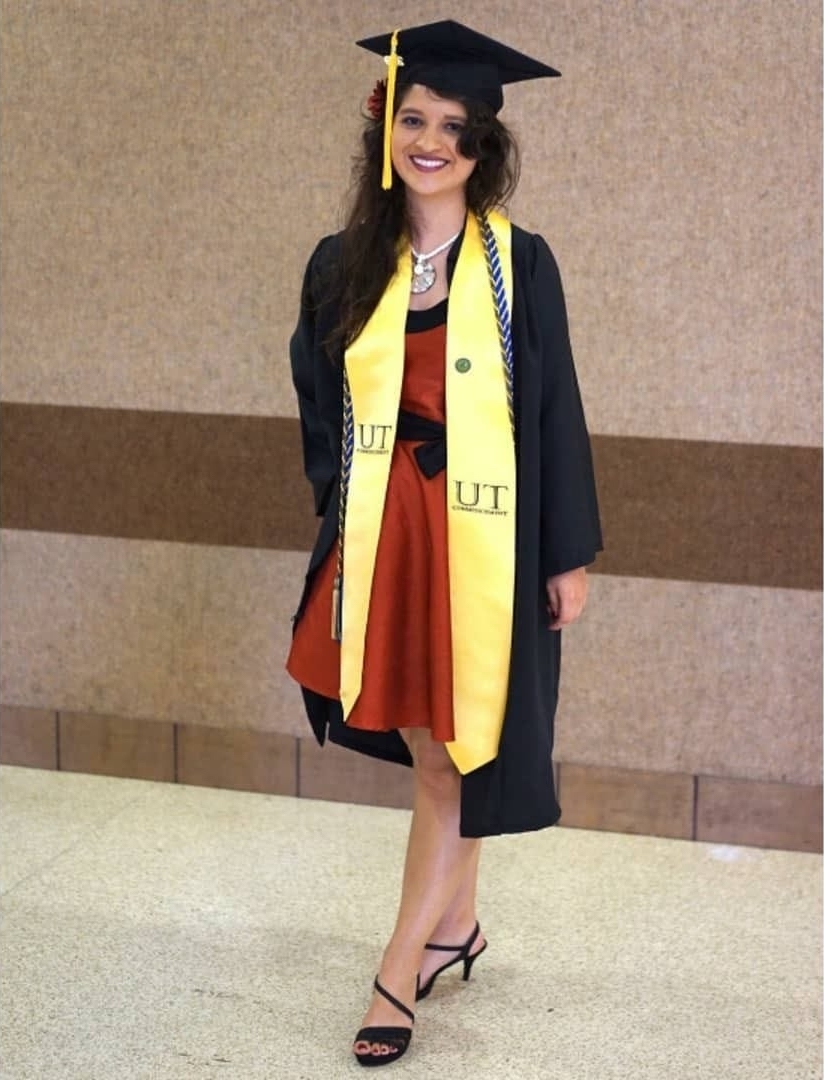
I knew for sure that I wanted to study astronomy, so my mother and I sat down to look for universities and the more I looked the more it became
clear that
I had to leave my home country. At the moment, only one university in Colombia had began to offer an astronomy undergraduate degree and
only one student was part of it and had yet to graduate. Thus, Going to the U.S. became my best option and I set my mind to it.
At the age of 16 and only one month after high school graduation, I left to the U.S. and took part in an English program that guided
me in all university requirements from TOEFL and SAT to essay applications for American universities.
(I have more tips on it here.)
A year later and back in Colombia on a sunny April day, I got accepted at The University of Texas at Austin and it became the happiest,
most unbelievable day of my life.
Up to this moment, a lot of friends, family and people I knew had told me many times "NO. She cannot possibly get a spot in an American university,
no one else does that, how are you going to afford it, can you even get a job, why don't you just stay in Colombia like everyone else?"
For years, I had been
used to hearing NO
so this YES was in a few words 'just it.'
The university tuition was very expensive indeed; my family and I could not afford much more than the first semester of my studies and
living expenses. However, I could apply to a few scholarships available for international students at my university. Summing up the scholarships
I was awarded and my job as an Undergraduate Research Assistant (URA), I was able to pay the full tuition every year and never got in debt.
I worked as an URA with
Dr. Steven Finkelstein since my second semester. This is where I developed my passion for studying the early Universe, specifically some of
the first-born galaxies wihtin the first 500 million years of the
Universe (or at redhisft z ~ 9).
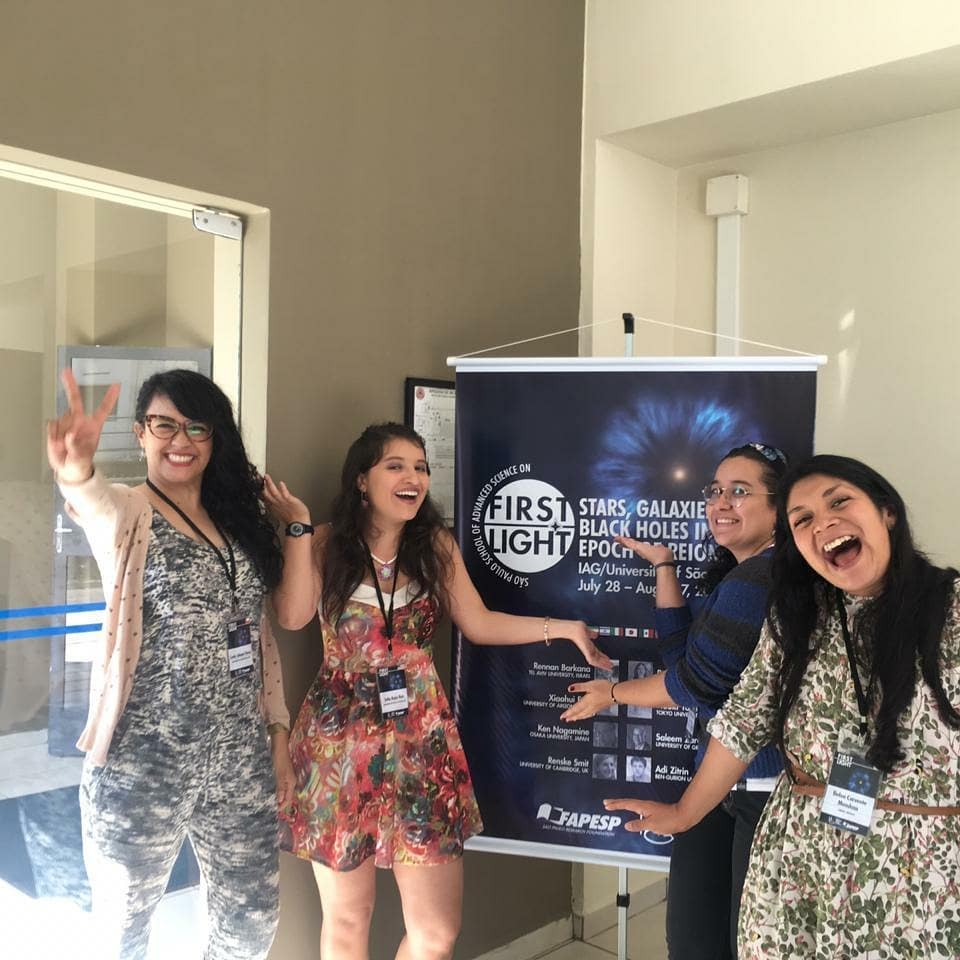 I grew a lot and many times the hard way being so far away from home in a different culture, but many people at UT supported me the whole way.
I will be forever grateful to my supervisor, professors, friends, colleagues, scholarship donors, admin staff and family for helping and teaching me
to get up and keep moving forward.
At UT I indeed had many opportunities to showcase my research and also took over summer
internships to explore more of the astronomy community both in the U.S. and in Europe. It wasn't until after graduating with a B.S. in astronomy and
a B.S. in physics at the age of 22, that
I began to meet more Colombians studying astronomy and space sciences abroad. I attended
the First Light School
at the University of São Paulo, Brazil where I met for the first time so many more Latin
American astronomers, and I was fascinated! I made new friends and became part of the Colmbian Women Doing Research in Astronomy
(CHIA)
and the Network of Colombian Astronomy Students (RECA), where I am now very active helping to grow astronomy awarenes and the scientific community in Colombia.
You can read more here.
I grew a lot and many times the hard way being so far away from home in a different culture, but many people at UT supported me the whole way.
I will be forever grateful to my supervisor, professors, friends, colleagues, scholarship donors, admin staff and family for helping and teaching me
to get up and keep moving forward.
At UT I indeed had many opportunities to showcase my research and also took over summer
internships to explore more of the astronomy community both in the U.S. and in Europe. It wasn't until after graduating with a B.S. in astronomy and
a B.S. in physics at the age of 22, that
I began to meet more Colombians studying astronomy and space sciences abroad. I attended
the First Light School
at the University of São Paulo, Brazil where I met for the first time so many more Latin
American astronomers, and I was fascinated! I made new friends and became part of the Colmbian Women Doing Research in Astronomy
(CHIA)
and the Network of Colombian Astronomy Students (RECA), where I am now very active helping to grow astronomy awarenes and the scientific community in Colombia.
You can read more here.
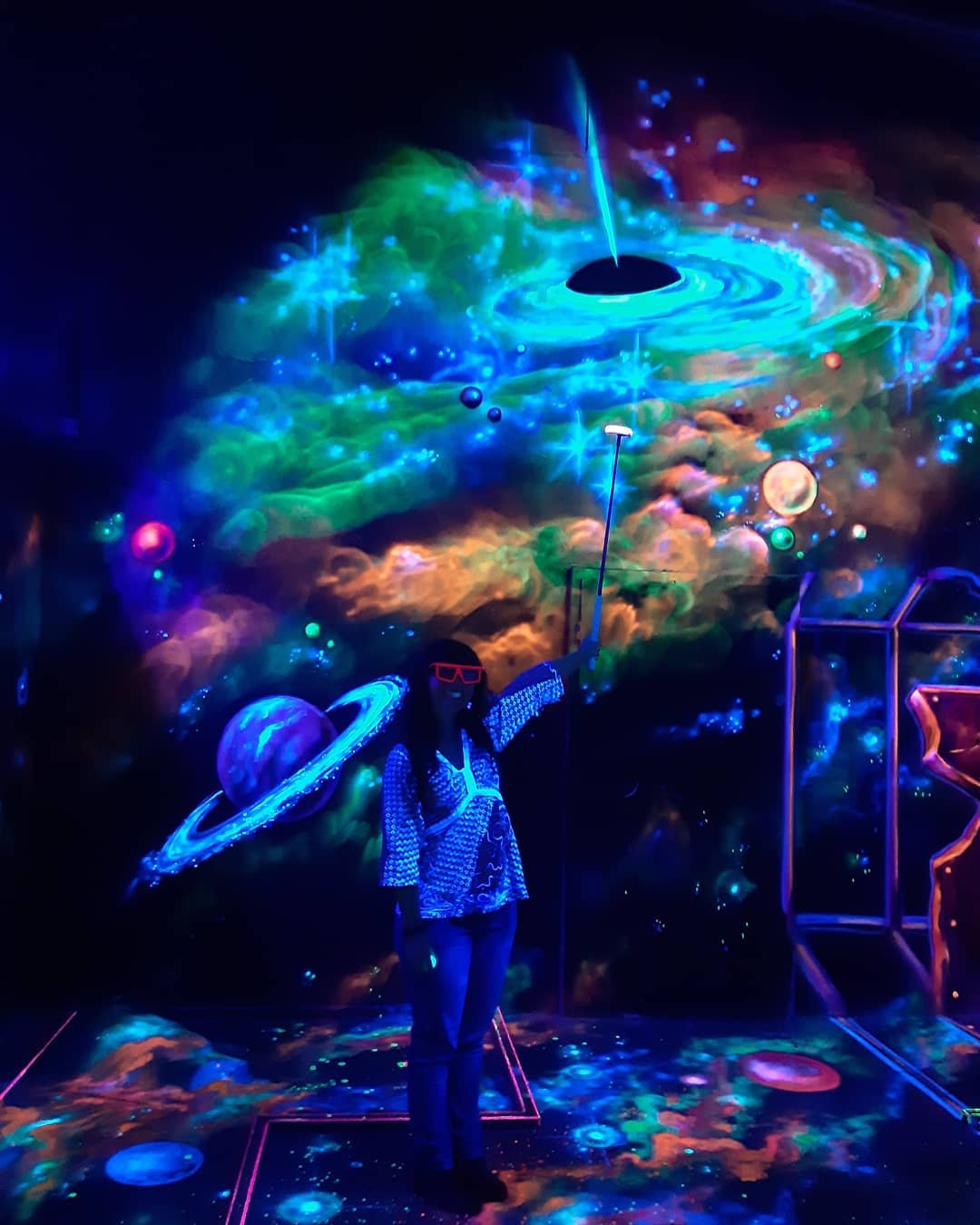 I
have
now
moved
on
to
study
my
Ph.D. at
the
Max
Planck
Institute
for
Astronomy
with
the
Fellowship
from
the
International
Max
Planck
Research
School
-
Heidelberg.
I
have been doing research on the first quasars, which are supermassive blach holes living
in the centers of some galaxies. I have focused on the quasars born within the first billion
years of the Universe, (or at redhisft z ≳ 6) and some of them are bright in radio wanvelengths,
like this one. I have
been able to work with optical, near-infrared and radio data from ground-based and space telescopes.
I enjoy living in Germany and although traveling has been restricted, I have been able to grow my astronomy network and continue to do
what I love. I have learned to PI proposals, be more independent on my research, and take on the every day challenges of Ph.D. live.
Let's hope for more adventures in the future!
I
have
now
moved
on
to
study
my
Ph.D. at
the
Max
Planck
Institute
for
Astronomy
with
the
Fellowship
from
the
International
Max
Planck
Research
School
-
Heidelberg.
I
have been doing research on the first quasars, which are supermassive blach holes living
in the centers of some galaxies. I have focused on the quasars born within the first billion
years of the Universe, (or at redhisft z ≳ 6) and some of them are bright in radio wanvelengths,
like this one. I have
been able to work with optical, near-infrared and radio data from ground-based and space telescopes.
I enjoy living in Germany and although traveling has been restricted, I have been able to grow my astronomy network and continue to do
what I love. I have learned to PI proposals, be more independent on my research, and take on the every day challenges of Ph.D. live.
Let's hope for more adventures in the future!
